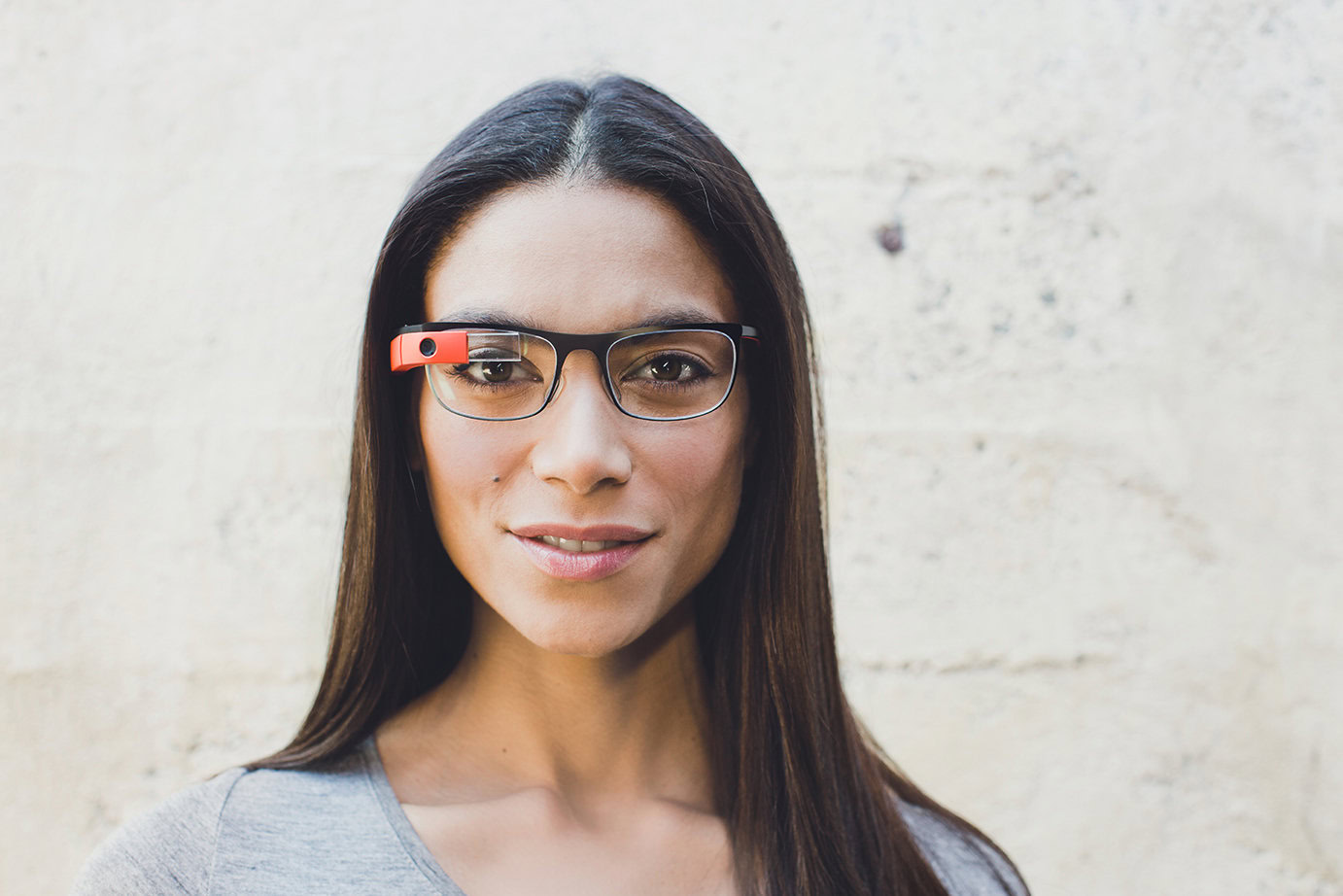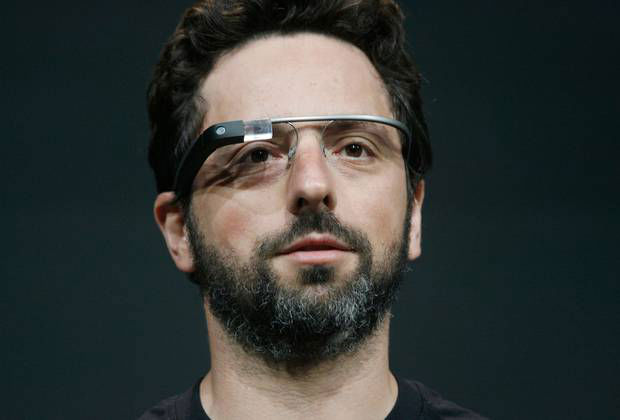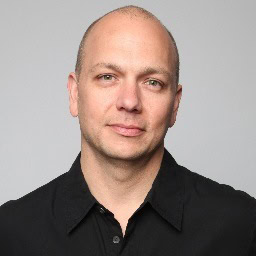Affiliate links on Android Authority may earn us a commission. Learn more.
Google puts Nest boss Tony Fadell in charge of Glass, halts sales for now

Almost two years after the Glass Explorer program first made Google’s head mounted computer available to enthusiasts and developers, Glass is “graduating” from the Google [X] labs to become a real commercial project.
That sounds like great news, but with this graduation (“put on our big kid shoes and learn how to run,” said the Glass team) comes the end of the Glass Explorer program, and with it, Glass sales to the public:
Since we first met, interest in wearables has exploded and today it’s one of the most exciting areas in technology. Glass at Work has been growing and we’re seeing incredible developments with Glass in the workplace. As we look to the road ahead, we realize that we’ve outgrown the lab and so we’re officially “graduating” from Google[x] to be our own team here at Google. We’re thrilled to be moving even more from concept to reality.As part of this transition, we’re closing the Explorer Program so we can focus on what’s coming next. January 19 will be the last day to get the Glass Explorer Edition. In the meantime, we’re continuing to build for the future, and you’ll start to see future versions of Glass when they’re ready. (For now, no peeking.)
Google is basically ending its public experiment with Glass and turning it into a commercial project, with the implied goal to bring Glass to market as a real product, rather than a “beta.”

There’s no official word from Google about it, but the WSJ reports that the new Glass team will be under the supervision of Tony Fadell, head of Google’s Nest Labs smart home division. Google’s Ivy Ross will be the exec directly in charge with the project, but she will report to Fadell, who will provide oversight and “strategic guidance.”

Fadell, a former Apple exec who led the development of the original iPod, joined Google a year ago through the $3.2 billion acquisition of Nest Labs. Soon after the acquisition, sources claimed that Fadell’s role would extend to include oversight of all of Google’s hardware projects. Fadell refuted the rumors, but looking at the addition of Glass to his portfolio, it seems that the executive is indeed turning into a hardware tsar at the Mountain View company.
“Early Glass efforts have broken ground and allowed us to learn what’s important to consumers and enterprises alike,” Fadell said in a statement. “I’m excited to be working with Ivy to provide direction and support as she leads the team and we work together to integrate those learnings into future products. I remain fully committed to Nest and am equally excited about our work there, which continues to accelerate.”
While sales to the public will end January 19, Google will continue to provide Glass to companies and developers looking to develop applications for it, reports WSJ, and a new version of Glass is coming this year.
Today’s news is a mixed bag for Glass enthusiasts, some of whom have suffered ridicule or even outright harassment by angry bar patrons, movie theaters employees, or hostile restaurant owners. The closing of the Explorer program without a clear replacement suggests Google realized that selling the $1500 Glass to the public wasn’t a good idea in the first place.
On the flip side, with a hardware heavyweight like Tony Fadell at the helm, Glass has better chances of becoming a real product.
It’s fairly safe to assume that Google will pitch the new Glass, whenever it’s coming, mainly for workplace applications. The public’s hostility towards Glass has not translated to the enterprise sector, where Glass has been explored for a number of interesting applications, including feeding info to doctors, pilots, or even soldiers.